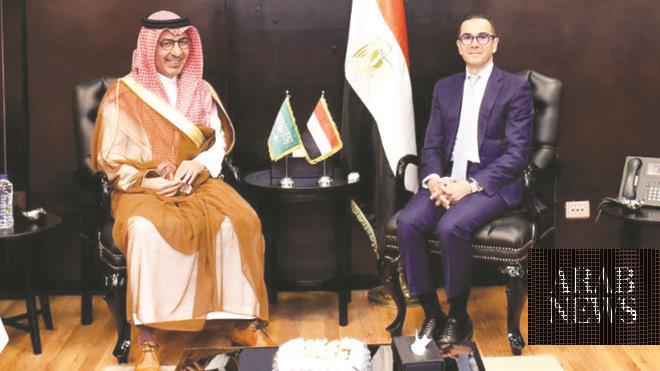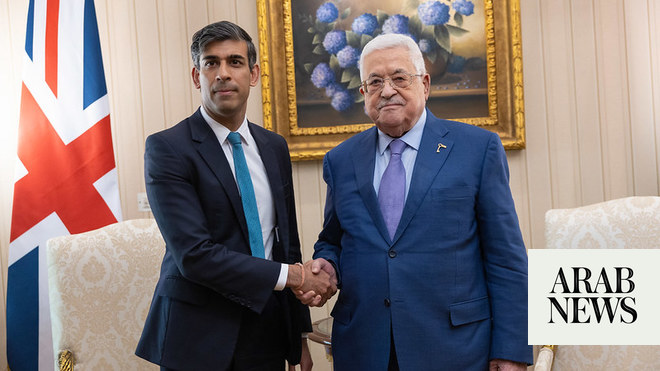
He will discuss bilateral relations after years of sporadic tensions during the rule of autocratic former President Omar Al-Bashir
Ties between the two countries were for years frayed by repeated failures to reach a deal over an upstream Nile dam
CAIRO: Egypt’s president on Wednesday met with Sudan’s newly appointed prime minister before heading to New York to attend the United Nations General Assembly.
Abdel-Fattah El-Sisi and Abdalla Hamdok discussed bilateral relations, according to a statement from the Egyptian presidency. Relations between the two Nile Valley neighbors suffered from sporadic tensions over three decades of rule by Sudan’s autocratic former president, Omar Al-Bashir.
The Sudanese military overthrew Al-Bashir in April amid months of pro-democracy protests. A power-sharing deal between the military and the protesters established a new administration that includes a cabinet headed by Hamdok.
Egypt has backed the new authorities in Sudan follwing Al-Bashir’s ouster. Diplomatic ties have frayed in recent years due to repeated failures to reach a deal over an upstream Nile dam being built by Ethiopia, as well as the revival of a longstanding dispute over a border territory held by Egypt and claimed by Sudan.
Hamdok was to head to France to meet with President Emmanuel Macron, but the French Embassy in Sudan tweeted that the meeting was canceled because there was no time in Macron’s agenda, and they were working to set a new date for the visit.
El-Sisi’s government wants Sudan to back its cause in the Nile dam dispute with Ethiopia amid stalemated negotiation between the three countries. Egypt had accused Al-Bashir of siding with Ethiopia in the dispute over the soon-to-be-completed dam.
Egypt’s Foreign Minister Sameh Shoukry earlier this month visited Sudan and discussed the Nile dam dispute.
A round of talks in Cairo earlier this week over the $5 billion Grand Ethiopian Renaissance Dam failed to achieve progress.
Egyptian Irrigation Ministry says the two-day talks did not touch on “technical aspects” of the dam. It said Ethiopia’s delegation refused to discuss an Egyptian proposal on filling and operating what will be Africa’s largest hydroelectric dam, which is center of the dispute.
Egypt fears the dam could reduce its share of the Nile River, which serves as a lifeline for the country’s 100 million people. Ethiopia has roughly the same population and says the dam will help its economic development.
The dam is now more than 60% finished, and Ethiopia hopes to become a key energy hub in Africa upon its completion. The dam will generate about 6,400 megawatts, more than doubling Ethiopia’s current production of 4,000 megawatts.
Egypt received the lion’s share of the Nile waters under decades-old agreements seen by other Nile bastion countries as unfair.









